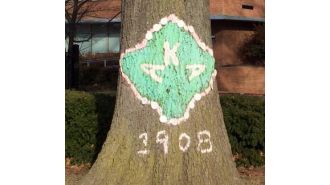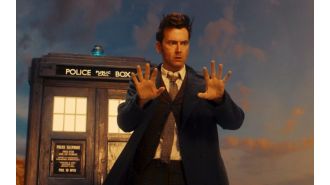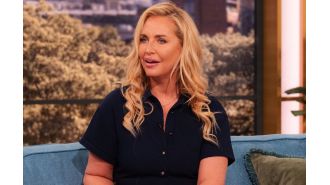Jane Goodall

At age 26 in 1960, Jane Goodallbegan immersive, long-term fieldwork studying wild chimpanzees in Gombe Stream National Park in Tanzania.
Her approach was unconventional – she named them (vs. numbered them), observed behavior with minimal interference, and allowed patterns to emerge.
Her observations shattered preconceived notions – she observed that chimps used tools, exhibited personality, formed complex social bonds, and even engaged in violence. Many of these were thought to be exclusively human actions and her findings pushed the boundaries of how we define “human.”
She became a wildlife activist for the rest of her life – showcasing remarkable energy giving talks around the world for most of the year.
I appreciated her approach to talking about the climate crisis. She cautioned against doom and gloom and instead urged us to make better systemic choices – “Focus on the present and make choices today whose impact will build over time.”
We had a short conversation about Jane Goodall the day before we learnt she passed.
She was in Los Angeles and had been scheduled to meet with students and teachers on Wednesday to launch the planting of 5,000 trees around wildfire burn zones in the Los Angeles area.
Even as she passed, she was making choices whose impact will build over time.






